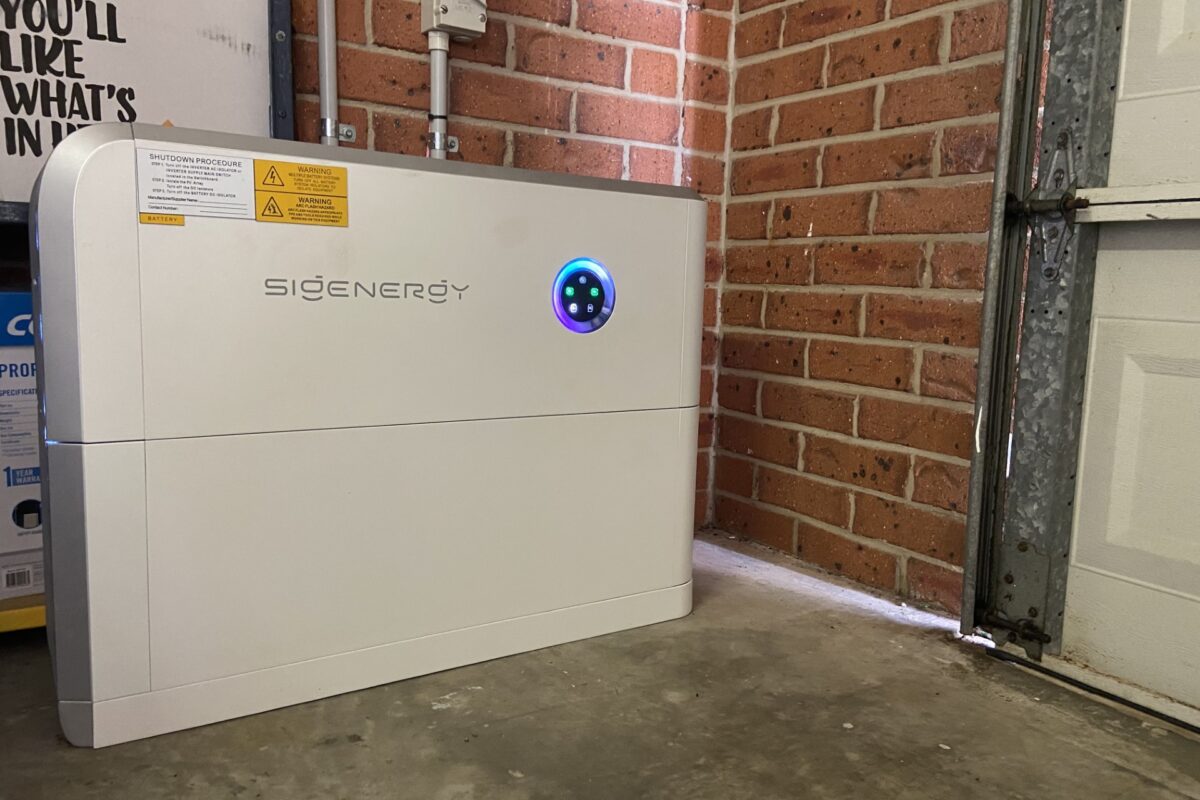Australian Scientists Develop Low-Cost Liquid Battery for Home Energy Storage
Australian scientists at Monash University have unveiled a low-cost, intrinsically safe liquid battery for home energy storage, promising a safer and more affordable alternative to lithium-ion systems.

Australian researchers at Monash University have announced the development of a groundbreaking liquid battery system designed specifically for home solar energy storage, with the breakthrough revealed on September 10, 2025. The new technology aims to address key safety and cost challenges that have limited the widespread adoption of residential energy storage solutions.
The Monash team’s liquid battery operates at room temperature and uses abundant, non-toxic materials, making it both environmentally friendly and cost-effective. Unlike conventional lithium-ion batteries, which are prone to overheating and fire risks, the liquid system is intrinsically safe and eliminates the possibility of thermal runaway. According to the researchers, the battery can be manufactured at a lower cost than current alternatives while offering comparable or superior energy density and a longer operational lifespan with minimal degradation over thousands of charge cycles.
A Safer, More Affordable Solution for Homeowners
The new battery’s design directly addresses growing concerns about the safety of home energy storage, particularly as residential solar adoption accelerates in Australia and worldwide. The liquid battery’s fast-charging capability and robust safety profile could make it an attractive option for households seeking to maximize their use of solar power and reduce reliance on the grid. Researchers emphasize that the system’s use of widely available materials not only reduces costs but also avoids the supply chain and environmental issues associated with lithium and cobalt mining.
Commercialization and Global Impact
With the global push for renewable energy and distributed storage, the Monash University breakthrough arrives at a critical time. The research team is now working with industry partners to scale up production and move toward commercial deployment. If successful, the technology could enable greater energy independence for households and support grid stability by facilitating distributed storage networks. Experts note that the innovation may also have broader implications for energy storage in remote and off-grid communities, where safety and affordability are paramount.
International science outlets have highlighted the significance of the development, noting its potential to reshape the home energy storage market and accelerate the transition to cleaner, safer energy systems. While further testing and regulatory approvals are pending, the Monash liquid battery represents a major step forward in the quest for practical, sustainable energy storage solutions.